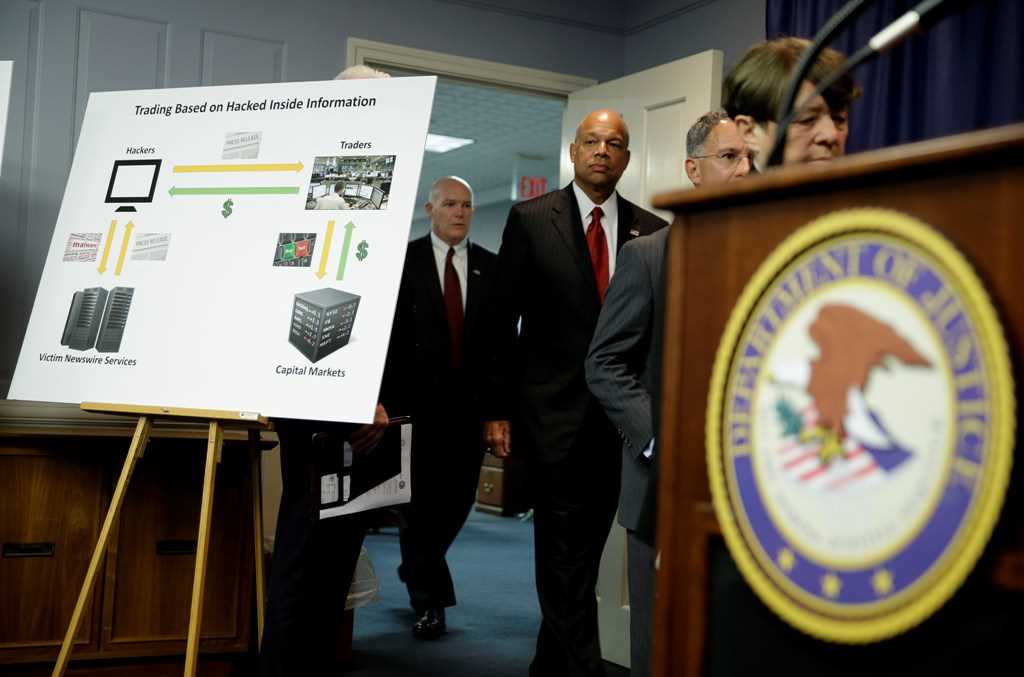Britain proposes new rules to weed out 'bad apples' in banking, insurance
Reprints
(Reuters) — Banks would have to get references for new hires going back six years under proposals published by British regulators on Tuesday to stop “bad apples” in banking and insurance from switching jobs easily.
The proposals follow recommendations by regulators aimed at improving behavior in commodity, fixed income and currency markets after a number of major banks were fined billions of dollars for trying to rig foreign currency benchmarks.
In these recommendations, Bank of England Deputy Gov. Minouche Shafik had said she wanted to make it harder for bad apples in banking to cover their tracks by switching jobs.
The new requirements, which would also apply to senior hires at insurers, are part of a broader push by regulators in Britain to make financial staff more directly accountable for their actions.
The Financial Conduct Authority and the Bank of England's Prudential Regulation Authority proposed that from March next year banks and insurers should use a mandatory form when getting references on senior hires, including nonexecutive directors.
“In this consultation, we are proposing changes to the way firms seek and provide references for candidates of certain roles,” the FCA said.
A bank or insurance company would have to request references from former employers of candidates going back six years, a year longer than initially indicated, and the references should include any breaches of the FCA's conduct rules.
“For too long dishonest or incompetent traders and advisers have drifted from firm to firm, protected from exposure through their ex-employer's reluctance to state that they are either no good or not to be trusted,” Simon Morris, a financial services partner at law firm CMS.
When supplying references, banks will no longer be allowed just to provide the dates when the person worked for them.
“This may expose a firm giving a frank but damaging reference to the risk of litigation, but the regulators see this as a price worth paying to drive out the rotten apples,” Mr. Morris said.
The banks have been concerned that more detailed references without clear guidance from regulators could put them at risk of breaching data privacy rules.
Under the proposals, a bank must not enter into any arrangements that limit its ability to disclose relevant information.
Banks would also have to say whether candidates have been given a formal warning or had pay docked as part of disciplinary action. If the banks have no relevant information on the candidate they would have to say so and would not be allowed to leave parts of the form blank.
“The regulators expect firms to exercise judgment, bearing in mind the importance of disclosing information relevant to the hiring firm alongside the need to be fair to former employees and comply with any relevant legal obligations,” the FCA said.
The watchdog said it would consider applying these requirements to all the firms it authorizes in a separate consultation.
Wistleblowing
The regulators also published rules on Tuesday to introduce a standard procedure to protect whistleblowers at banks.
The 2007-2009 financial crisis prompted policymakers in Britain to call for a system that makes it easier for staff to raise any concerns internally.
Many banks already have informal whistleblowing arrangements but the regulators wanted a formal, standardized approach.
“For individuals to have the confidence to come forward, it is vital that firms have in place adequate policies on dealing with whistleblowers and that a senior manager takes responsibility for overseeing these policies,” Tracey McDermott, acting FCA chief executive, said in a statement.
“Mechanisms within firms to encourage people to voice concerns by, for example, offering confidentiality to those speaking up, can provide comfort to whistleblowers,” Ms. McDermott said.
Read Next
-

Hackers accused of stealing stock secrets in $100 million scheme
(Reuters) — A group of mainly U.S.-based stock traders and computer hackers in Ukraine made as much as $100 million in illegal profits over five years by conspiring to use information stolen from thousands of corporate press statements before their public release, U.S. authorities said on Tuesday.